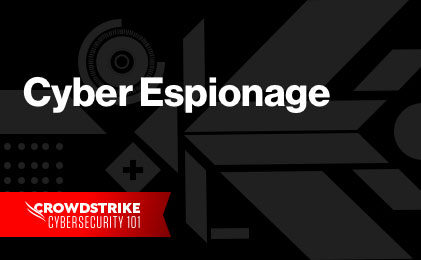
It must be noted here that the phrase ‘sensitive personal data or information’ has not been defined by the Act.Ĭhapter XI of the Act deals with the offences and Section 66 lays down the penalty for contravention of Section 43 which amounts to an imprisonment of upto three years or fine upto five lakh rupees or both. If such a body corporate is negligent in implementing reasonable security practices and it causes wrongful loss or wrongful gain to any person, it shall be liable to pay damages by way of compensation to the person so affected. A new Section 43 A has been inserted to protect sensitive personal data or information possessed, dealt or handled by a body corporate in a computer resource which such body owns, controls or operates.


USD 200,000) prescribed under this Section before the Amendment has been deleted and now the defaulter is made liable to pay damages by way of compensation to the person so affected. Chapter IX of the Act refers to provisions relating to penalties, compensation and adjudication and Section 43 covers a wide range of cyber contraventions related to unauthorized access to computer, computer system, computer network or resources. This Amendment was the need of the hour as India does not have a separate statute pertaining to data protection or cyber crimes per se. Very recently, the Information Technology (Amendment) Act, 2008 was enacted which introduced several new provisions relating to data protection, privacy, cyber terrorism etc. India has in place the Information Technology Act, 2000 (‘Act’) which provides legal recognition for transactions carried out by means of electronic data interchange and other means of electronic communication. Thus there is an urgent need to enact and enforce stringent laws pertaining to cyber offences. Cyber attacks are becoming increasingly common in both public and private sectors. The basic difference between both is that while indulging in Corporate Espionage, the internet and connections used are equipped with a more advanced ‘attacking’ mode. Spying involves the use of almost the same technology as the one used for Competitive Intelligence i.e. Spies no longer need to physically break into offices or homes to acquire sensitive information. The means of spying have also undergone substantial transformations with the advent of technology. The internet has now become a ‘highway of information’ when it comes to gathering and processing information and data in relation to anything and anyone. Where Competitive Intelligence is ethical and legal, Corporate Espionage is the exact opposite. There is a very thin line of difference between Corporate Espionage and Competitive Intelligence. In today’s world where it is truly the survival of the fittest, knowing one’s own competition has become very important for most corporations/organizations. The information thieves use many intrusive methods in order to gain such sensitive information for instance eavesdropping by bugging offices, wiretapping, recording telephone conversations, penetrating computer networks etc.

resulting in breach of security of an organization and gaining access to its confidential and sensitive information. It covers within itself illegal activities such as theft of trade secrets, business plans, customers’ lists, pricing data, bribery, blackmail, technological surveillance etc. Thus, ‘Corporate Espionage’ basically refers to a practice wherein a corporate system or structure is impregnated with the help of spies or systems so as to facilitate the leakage of information which could mar the general growth of the victim organization. ‘Espionage’, according to the Oxford Dictionary, is the practice of spying or of using spies.

The Oxford Dictionary defines the word ‘Corporate’ as relating to a business corporation, of or shared by all members of a group. The word ‘Corporate’ has been derived from the Latin word corporatus or corpus which means body. In order to understand the concept of Corporate Espionage, we must first understand the etymology of the words used therein. As already mentioned, Corporate Espionage is the practice of gaining information regarding one’s competitors using unethical or illicit means, without the knowledge of that competitor writes Harsh Sinha.


 0 kommentar(er)
0 kommentar(er)
